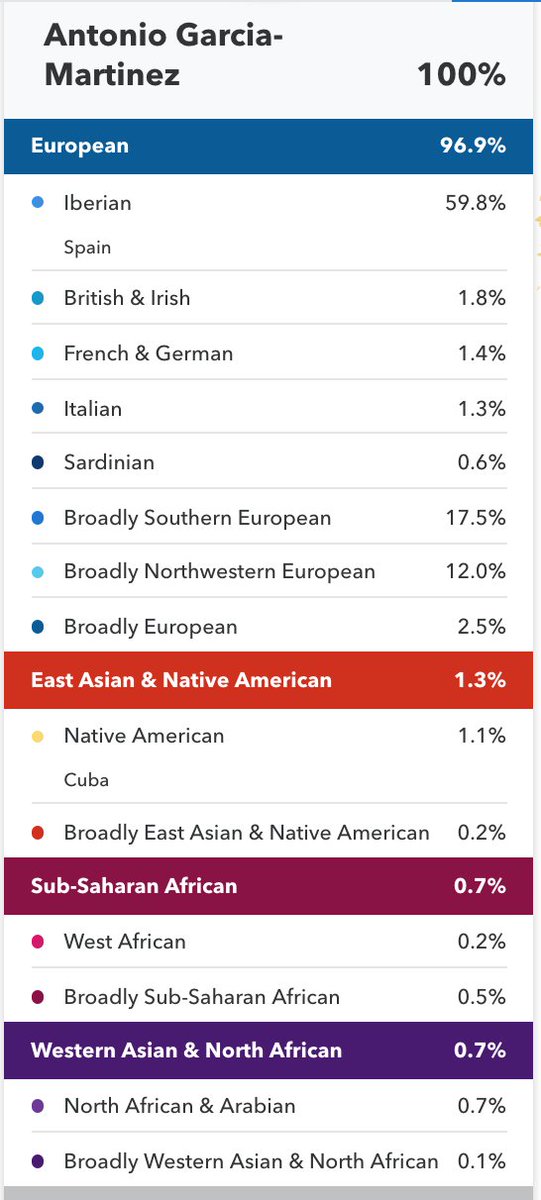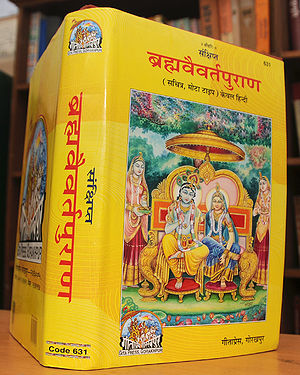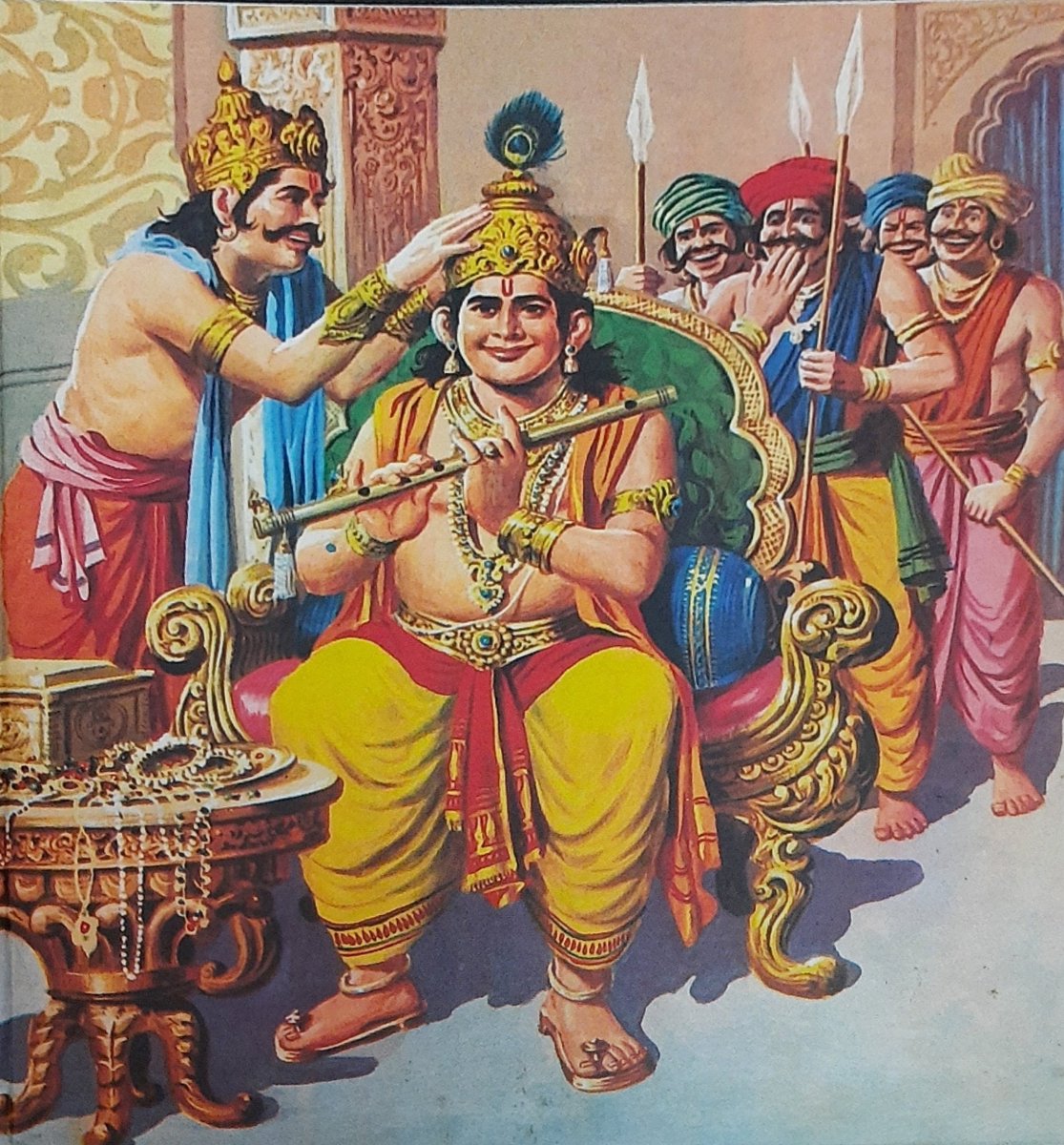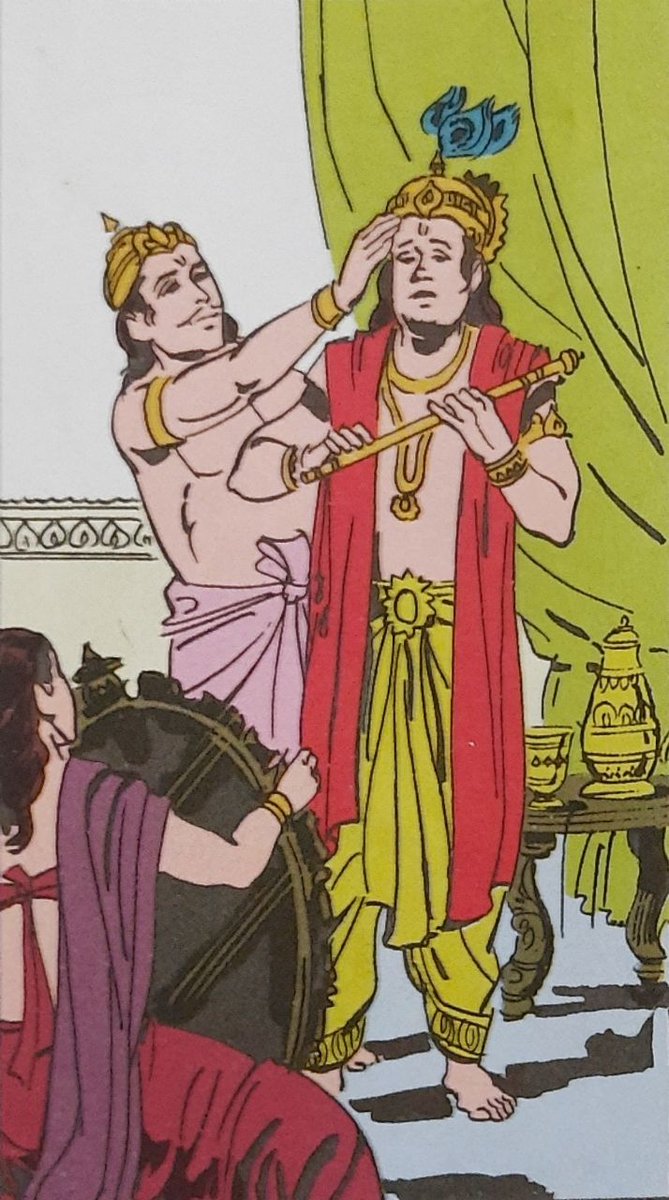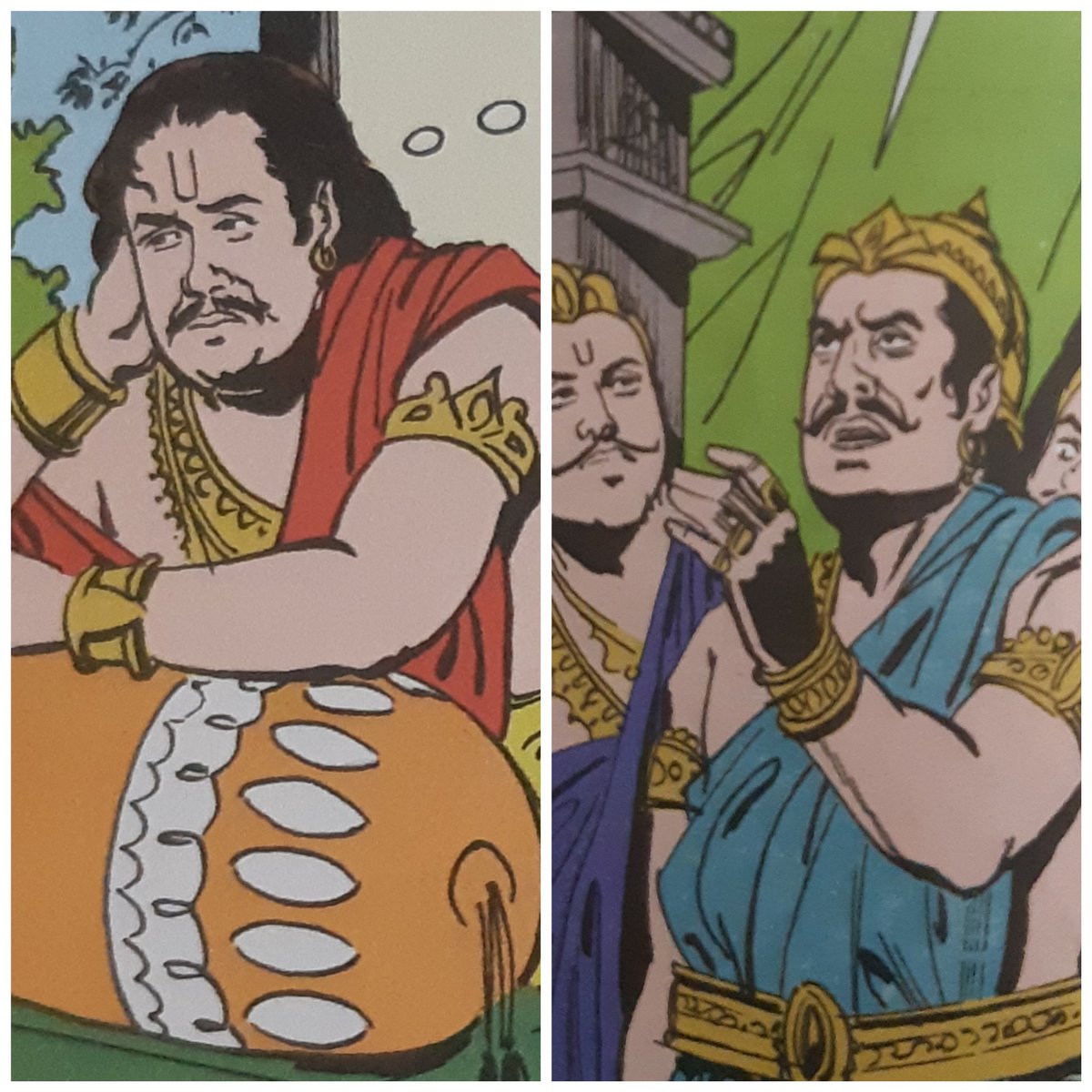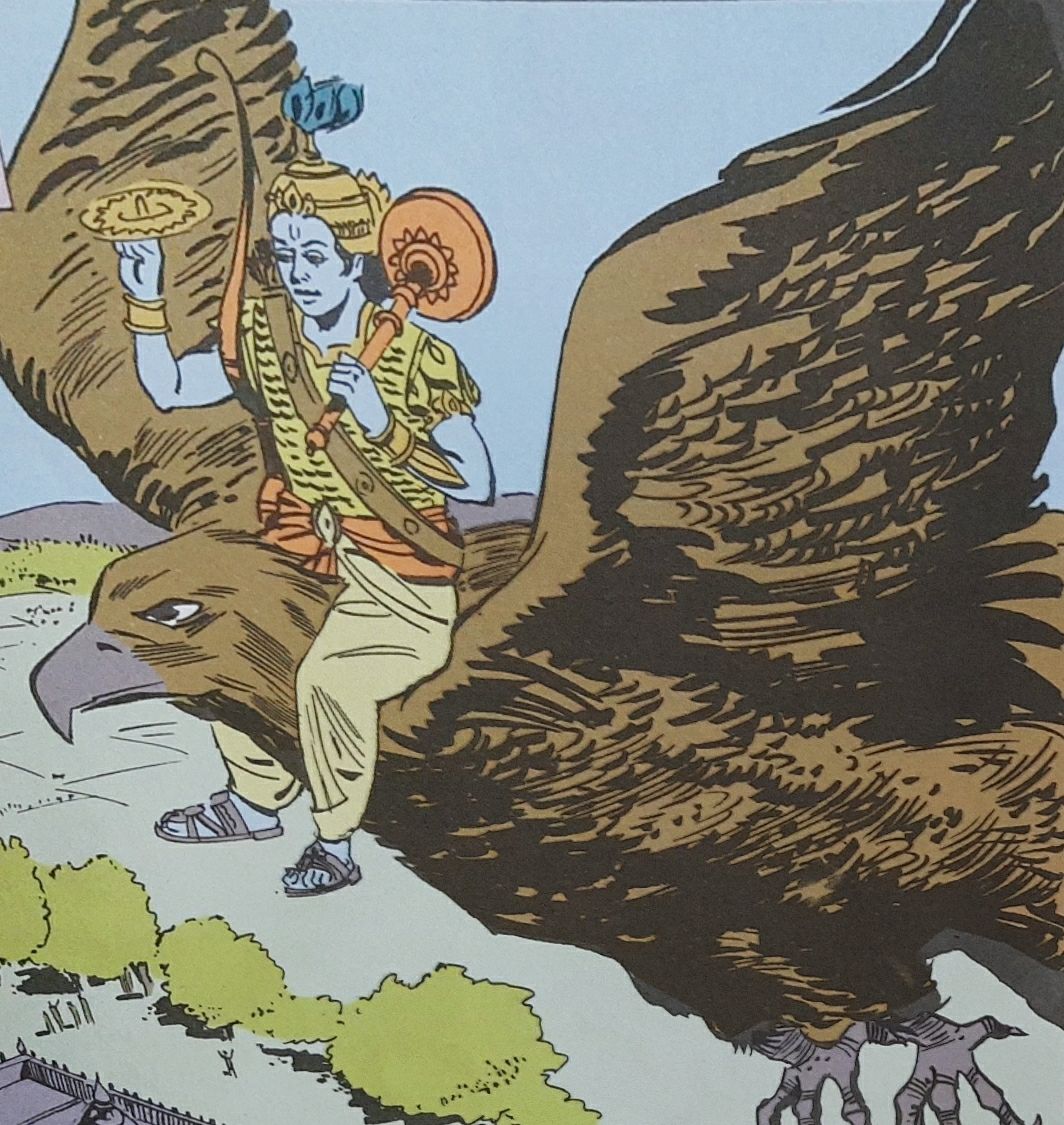Someone asked me recently about breaking into the video game industry as a writer / narrative designer. There's so, so much good advice out there that I only tend to hit this topic on rare occasion. But it's been a while, so let's go!
More from Writing
Today we learn health services are brutally underfunded with scant support for hard pressed staff, although it\u2019s left unclear who is responsible for that and it appears to be an exceptional, totally unpredicted phenomenon, like a freak weather event. pic.twitter.com/StwFR7RejE
— Flying_Rodent (@flying_rodent) January 25, 2021
We also don’t learn that the paper it’s written in stridently supported those measures and attacked junior doctors threatening strike action over NHS cuts and long working hours, accusing them of holding the country to ransom.
We aren’t reminded that NHS funding and the future of health provision was a central part of previous election campaigns, and that attempts to highlight these problems were swiftly stomped on or diverted and then ignored by most of the press, including the Times.
I’d underline here that “corruption” doesn’t just mean money in brown envelopes: it describes a situation where much of an organisation is personally motivated to ignore, downplay or divert from malfeasance for personal reasons - because highlighting them would be bad for careers
Foges was Cameron’s speechwriter at the height of austerity; Forsyth is married to the PM’s spokesman; Danny F is a Tory peer; Parris is a former MP; Gove used to write for them regularly, and that’s before we get to professional mates-with-ministers like Shipman or Montgomerie.
Simple Writing Trick to Avoid Plagiarism when using Templates
This may be useful for anyone but the examples here are more relevant to scholarship applicants
In other words, how to avoid the copy & paste syndrome.
Kindly RT to help others.
The past week brought some concerns about plagiarism in scholarship documents. For example:
I got a call from the recruitment office at a Canadian university today and the issue was most of the Nigerians who applied there have almost the same Statement of Purpose letters. Please show originality in your applications, use your own words......1/3
— Tosin AJ (@ajibz_tosin) January 20, 2021
Plagiarism is unacceptable at any level in academia and may lead to several undesirable outcomes, including revocation of admission offers or conferred degrees. So here is how you can prevent or rid yourself of the copy&paste syndrome
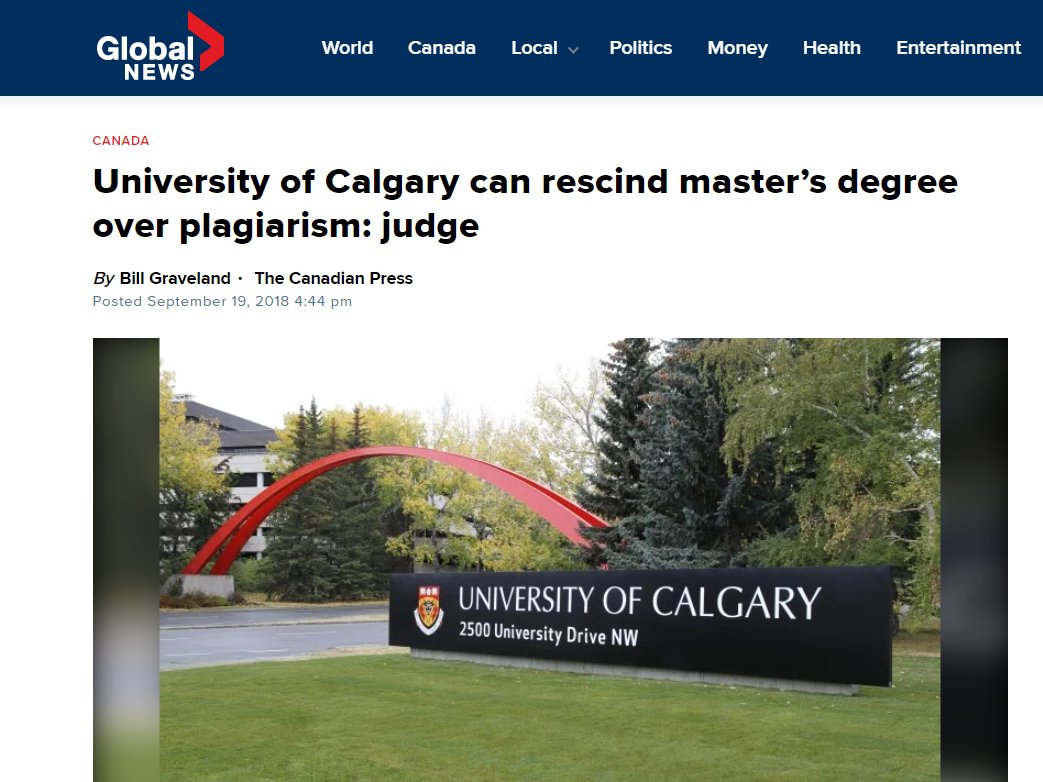
1. Don't use any template at all.
Just follow the darn instructions, or use helpful tips scattered all over the internet. Worry less about perfection.
I understand this may be hard for less experienced scholars. So if you must use a template, continue with the thread.
2. If possible, find more than one template.
This helps you identify the flow of ideas and the commonalities in the template. You can then develop your own unique document from this knowledge.
If you are still confused and must use a template, continue with the thread
You May Also Like
Covering one of the most unique set ups: Extended moves & Reversal plays
Time for a 🧵 to learn the above from @iManasArora
What qualifies for an extended move?
30-40% move in just 5-6 days is one example of extended move
How Manas used this info to book
The stock exploded & went up as much as 63% from my price.
— Manas Arora (@iManasArora) June 22, 2020
Closed my position entirely today!#BroTip pic.twitter.com/CRbQh3kvMM
Post that the plight of the
What an extended (away from averages) move looks like!!
— Manas Arora (@iManasArora) June 24, 2020
If you don't learn to sell into strength, be ready to give away the majority of your gains.#GLENMARK pic.twitter.com/5DsRTUaGO2
Example 2: Booking profits when the stock is extended from 10WMA
10WMA =
#HIKAL
— Manas Arora (@iManasArora) July 2, 2021
Closed remaining at 560
Reason: It is 40+% from 10wma. Super extended
Total revenue: 11R * 0.25 (size) = 2.75% on portfolio
Trade closed pic.twitter.com/YDDvhz8swT
Another hack to identify extended move in a stock:
Too many green days!
Read
When you see 15 green weeks in a row, that's the end of the move. *Extended*
— Manas Arora (@iManasArora) August 26, 2019
Simple price action analysis.#Seamecltd https://t.co/gR9xzgeb9K







